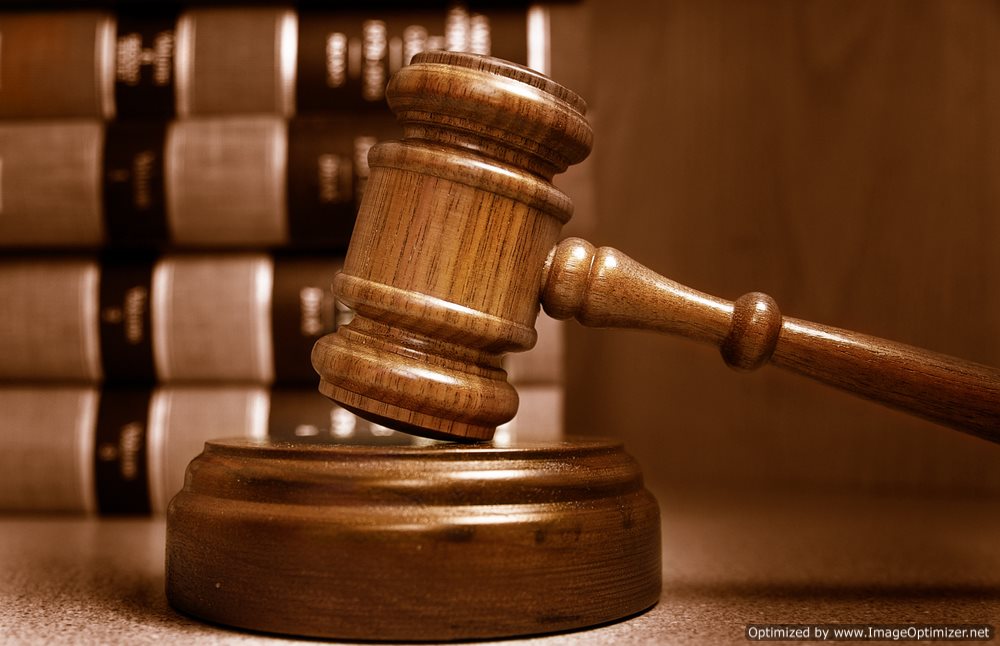
Important Facts About Legal Transcription
Legal transcription is a specialized field that involves converting audio or spoken content from legal proceedings into written text. It plays a crucial role in the legal industry by creating accurate records of depositions, court hearings, and other legal events. In this article, we’ll explore important facts about legal transcription, shedding light on its significance, challenges, and the skills required to excel in this profession.
Legal Transcription: The Unsung Heroes of the Legal System
Creating Accurate Records: Legal transcriptionists are responsible for creating verbatim and precise transcripts of legal proceedings. These transcripts serve as a written record of everything said during depositions, court hearings, and other legal events. The accuracy and reliability of these records are critical in the legal process.
Vital for Legal Professionals: Legal professionals, such as attorneys, judges, and paralegals, heavily rely on transcription services. Transcripts are used for case preparation, research, and as evidence in court. They are invaluable in ensuring that all parties have access to the same information.
The Challenges of Legal Transcription
Complex Terminology: Legal transcription often involves the use of complex legal terminology and jargon. Transcriptionists must have a strong understanding of legal concepts and be able to accurately transcribe specialized language.
Multiple Speakers: Legal proceedings can have multiple participants, including attorneys, witnesses, judges, and more. Distinguishing between speakers and ensuring that each participant’s statements are attributed correctly is a significant challenge.
Audio Quality Variability: The quality of audio recordings can vary widely. Transcriptionists must be skilled at deciphering sometimes poor-quality audio, including background noise, accents, and muffled speech.
The Skills Required
Excellent Listening Skills: Legal transcriptionists must possess exceptional listening skills to capture spoken words accurately. The ability to differentiate between multiple speakers and understand diverse accents is crucial.
Keen Attention to Detail: Accuracy is paramount in legal transcription. Transcriptionists need to pay close attention to every word, phrase, and nuance in the audio content to ensure precise transcripts.
Research Abilities: Legal transcriptionists may encounter unfamiliar legal terms or concepts. They should be proficient in conducting research to verify the correct spelling and usage of such terms.
Time Management: Meeting deadlines is essential in the legal world. Transcriptionists must be skilled at managing their time efficiently to provide transcripts within stipulated timeframes.
Technology and Tools
Transcription Software: Legal transcriptionists use specialized transcription software to transcribe audio recordings efficiently. These tools often include features like foot pedals for controlling audio playback, variable speed settings, and timestamping.
Security Measures: Legal transcriptionists are often entrusted with sensitive and confidential information. They must use secure methods and maintain confidentiality to protect client information.
The Importance of Certification
Certification Opportunities: While certification is not always a strict requirement, obtaining certification from organizations like the American Association of Electronic Reporters and Transcribers (AAERT) can enhance a transcriptionist’s credentials.
Enhanced Skills: Certified legal transcriptionists have demonstrated their expertise in the field, which can open up more job opportunities and potentially lead to higher pay.
Conclusion
Legal transcription is an indispensable component of the legal system, ensuring that spoken words are accurately recorded and accessible for legal professionals. Legal transcriptionists play a vital role in delivering precise transcripts, often facing complex language, multiple speakers, and varying audio quality. To excel in this profession, a combination of skills, including listening, attention to detail, research, and time management, is essential. Certified transcriptionists are particularly valued for their expertise and dedication to maintaining the integrity of the legal record.
What is a Legal Transcription?
Legal Transcription is the process of transposing, or transcribing, the verbal and oral expressions existing within legal hearings and trials into textual and tangible form. The nature of a Legal Transcription may range with regard to the nature of courts, as well as the legal ideology enacted within varying legal institutions.
This may include Legal Transcription involving city courts, state courts, district courts, circuit courts, superior courts, appellate courts, as well as the Supreme Court of the United States of America. The process of Legal Transcription takes place through the recording of speech enacted within litigation.
What is Litigation?
Litigation is defined as the legal process in which an event, matter, or circumstance is reviewed within a court of law. Although litigation is not utilized within the entirety of court proceedings, litigation can be more aptly classified as the legal procedure in which two parties undergo dispute resolution with regard to an event.
As a result, Legal Transcription documenting such an exchange requires the utmost accuracy, as well as speed in order to avoid falling behind dialogue taking place within a ‘real time setting’. Legal Transcription taking place within litigation requires a stenographer to ensure that:
The individual speakers are identified in order to avoid confusion upon rereading the Legal Transcription. The variation in speakers and their implicit speech is required to be expressed in a clear and accurate fashion.
The oversight of the judge is clearly stated with regard to any motions or rulings enacted or imposed within an individual legal proceeding. Furthermore, in the event that a judge mandates that specific expressions be ‘stricken from the record’, the stenographer will be required to clearly express this in the transcription.
Stricken Testimony and Legal Transcription
Within certain legal hearings, an individual may express testimony or speech that the judge deems to be inadmissible as evidence. In the event that this occurs, the judge will typically instruct the court reporter to ‘strike’ the testimony from the record.
This is translated as the removal of the expressed statement from the Legal Transcription, as well as the prohibition of the jury to allow that ‘stricken’ speech from factoring into a final verdict. However, with a Legal Transcription, the court reporter will not erase the ‘stricken’ testimony. Conversely, they will identify the testimony as ‘redacted’ within the Legal Transcription, thus identifying it as inadmissible. Important Terms in Legal Transcription
The following terms are amongst the most common within the production of Legal Transcription:
Sentencing: Within a legal hearing, the sentencing is the recourse required of the party found guilty. This can include financial restitution, monetary compensation, or punitive recourse contingent upon the nature of the crime.
Verdict: The final decision with regard to the ruling of an individual lawsuit. Although the verdict can consist of outcomes ranging from ‘guilty’ to ‘not-guilty’, the failure to reach a verdict may result in the possibility of a new trial.
Testimony: Testimony, also referred to as ‘witness testimony’, is the expression of an individual regarding any or all respective knowledge or factual information in possession in correlation to the details of a legal trial. The accurate recording of testimony is amongst the most imperative responsibilities of a stenographer.


















